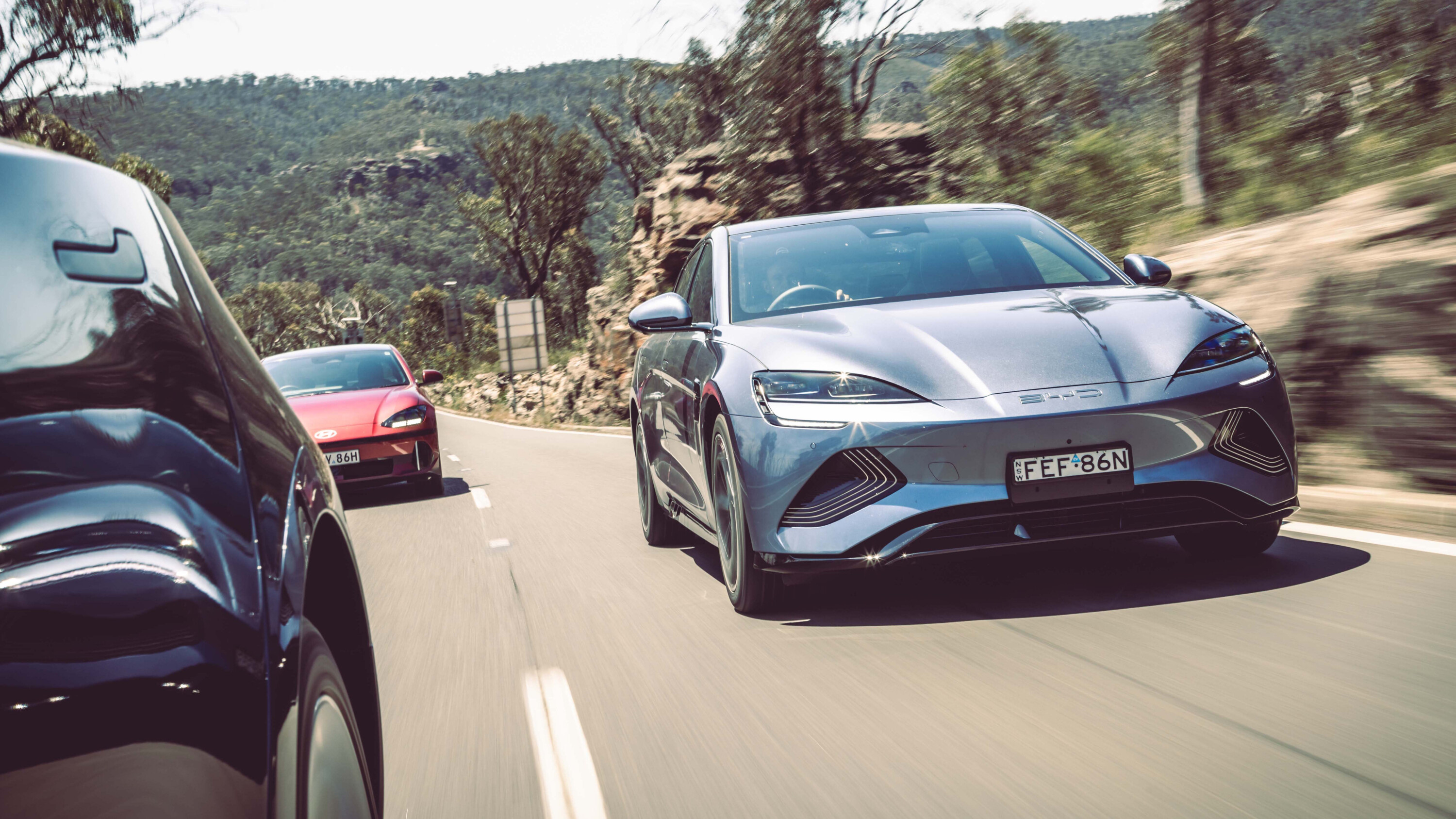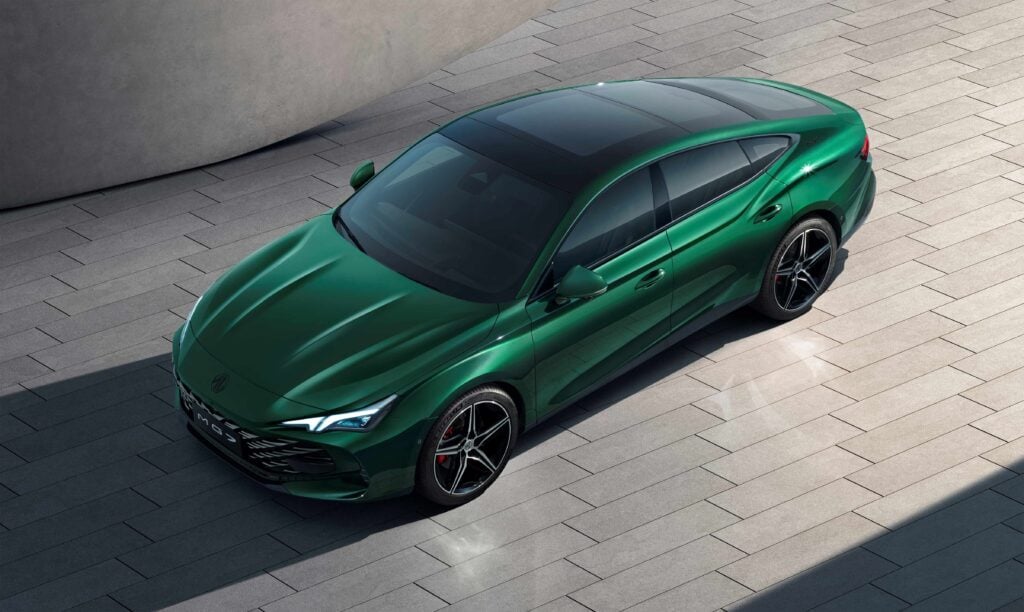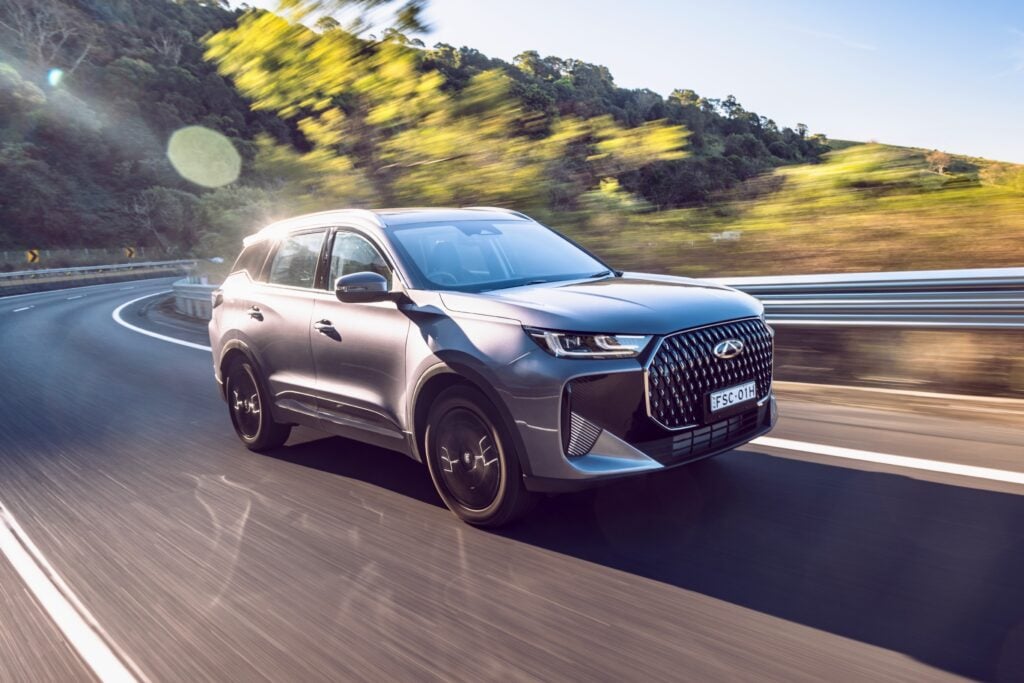
According to the Kiel Institute for the World Economy – a German economic research institute regarded as one of the world’s most influential policy think tanks – Chinese carmaker BYD has built its rapid growth in part on far greater government support than other brands typically enjoy.
The report comes after an announcement in September 2023 that the European Union had launched an investigation into unfair subsidies boosting the success of Chinese EVs in EU markets, followed by the news in March this year that the EU had collected “sufficient evidence” to potentially impose retroactive tariffs.
Kiel says China’s overall subsidies to its automotive and related industries range between “three to nine times that of other OECD countries such as the USA or Germany”.
BYD’s leap in technology and production capacity – particularly in Western markets where it seemed to appear out of nowhere to dominate sales charts – is said to have been driven by it being a “major beneficiary” of support out of Beijing.
That support is only growing, too, with BYD said to have received direct subsidies “amounting to approximately EUR 220 million in 2020” (AU$361m), growing to AU$3.45 billion in 2022. For local context, Holden received around $2 billion in subsidies between 2000 and 2012.
It’s been hard-going for European brands, too, with an EU-funded scheme to offer up to 6750 euros (AU$11K) in rebates to EV buyers dropped in December 2023 by way of a controversial court ruling [↗] – leaving Volkswagen, Stellantis and Mercedes-Benz to fulfil the rebates themselves.
And yet, with China being a leading supplier of EV batteries, the price of European-made EVs could be even higher.
“China’s subsidy policy has been a controversial issue for years: European industries often struggle to compete with Chinese counterparts on price,” says Dirk Dohse, Research Director at the Kiel Institute. “However, without China’s subsidised technology, products crucial for Germany’s green transformation would become more expensive and scarce as well.”
Dohse said that “over 99 percent of listed companies” in China received direct government subsidies in 2022 – support which can enable significantly lower wholesale and retail prices for everything from counterfeit Apple watches to the growing number of well-regarded Chinese mobile phones, computers and cars.
The report continues, noting that support beyond financial benefits – ”such as preferential access to critical raw materials, forced technology transfers from foreign investors, and favourable treatment in public procurement and administrative procedures” – have allowed Chinese manufacturers to catch up with brands based in other regions, who typically spend years and billions of dollars on expensive research and strict government compliance rules before their products can go on sale.
But, rather than forge ahead with any potential tariffs as threatened in March, the Kiel Institute is urging the EU to negotiate with Beijing for the removal or reduction of any subsidies particularly harmful to the European economy.
“Given China’s current macroeconomic weakness, its relative strength in green technology sectors, and its tensions with the US, the authors see a realistic chance of successful negotiations,” the Institute said.




